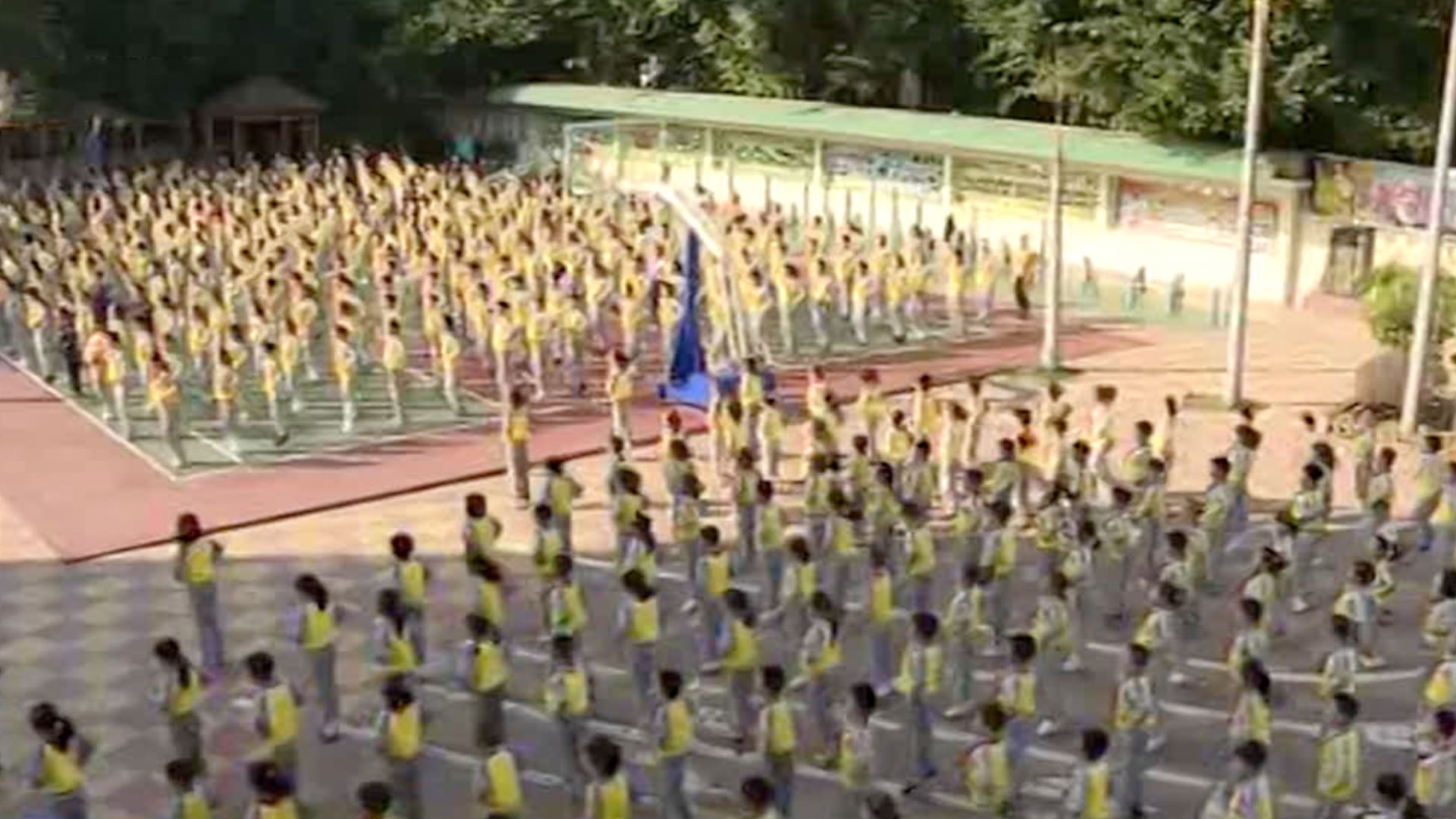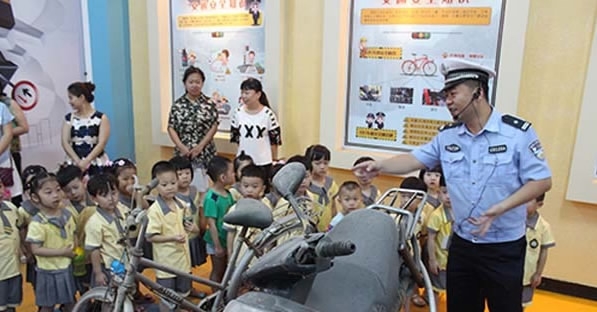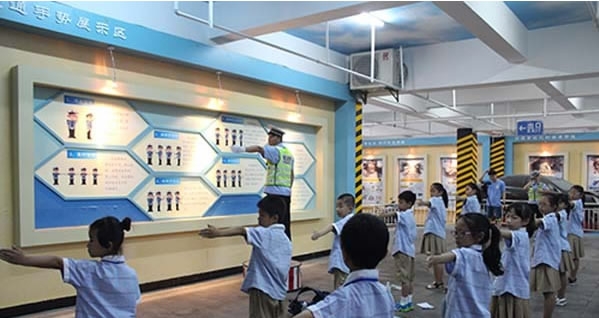
Culture
11:15, 28-Nov-2017
Preferential education policy in Jinjiang attracts active workforce
By Zhao Yunfei

At Jinjiang Zhonghe Central Primary School in Quanzhou, Fujian Province, over 70 percent of the students are from out of town. People call it a school of migrant worker children.
The school prides itself on diversity and encourages students to embrace multiculturalism.
“We are creating an education atmosphere of respect, tolerance and harmony,” said Huang Chunyi, the headmaster.
Fourth-grader Wang Haoxu was born and raised in Jinjiang. His parents are from Hebei Province. If he were to study in a city other than his parents’ birthplace, his family says he'd struggle. But not in Jinjiang.
“Classmates from other parts of the country have their knowledge, and I have mine. Everyone brings something different here,” the boy said he learned a lot from this school.
“He has never thought that he’s an outsider," said Zhang Wei, his mother, “he is enjoying life and learning.”

Photo via news.china.com
Photo via news.china.com
The Jinjiang government is providing migrant workers with special offers. Out of town students can get nine years of basic education at no cost.
“We advocate for equal education,” said Zhuang Qihua, the boy's Chinese teacher. Zhuang said such preferential policy wouldn’t spoil the educational resources of local people. Instead, students from all over the country will learn from each other and help each other based on their own cultural advantages.
One of Jinjiang government’s initiatives for this education policy is to attract more active workforce to the town.
Located just blocks from the school is a Modern Motor Control and Power Electronics laboratory founded by the Chinese Academy of Sciences. It's home to young scientists who have studied abroad and opted against working in modern cities such as Beijing or Shanghai.

Photo via news.china.com
Photo via news.china.com
“The local government as well as our country give us a lot of support for both our students and engineers,” said Xue Zhumei, a staff member at the institute, “We have enough funding for research, and we have quite a freedom and good atmosphere for academic research.”
Xue said Jinjiang’s efforts in serving elites has become a main reason for her to stay. The civil servants’ humble working practices are driving the city toward a better future.

SITEMAP
Copyright © 2018 CGTN. Beijing ICP prepared NO.16065310-3
Copyright © 2018 CGTN. Beijing ICP prepared NO.16065310-3